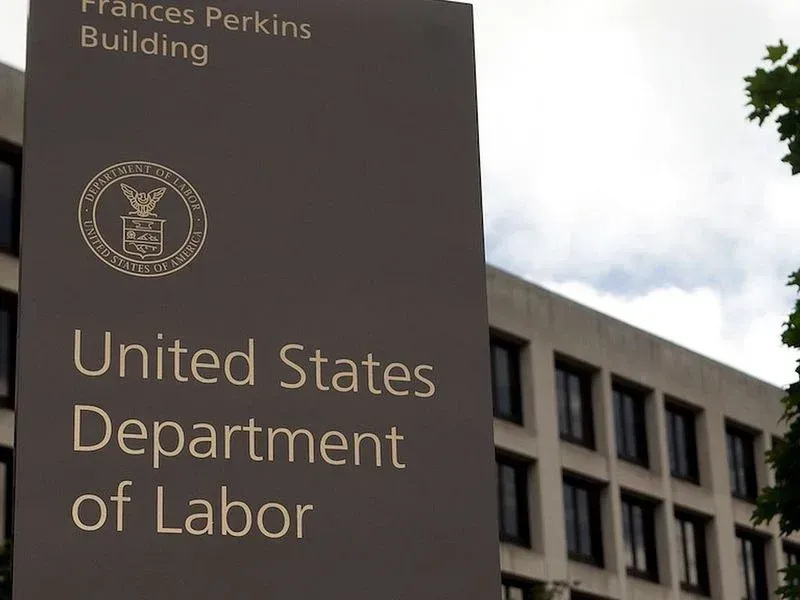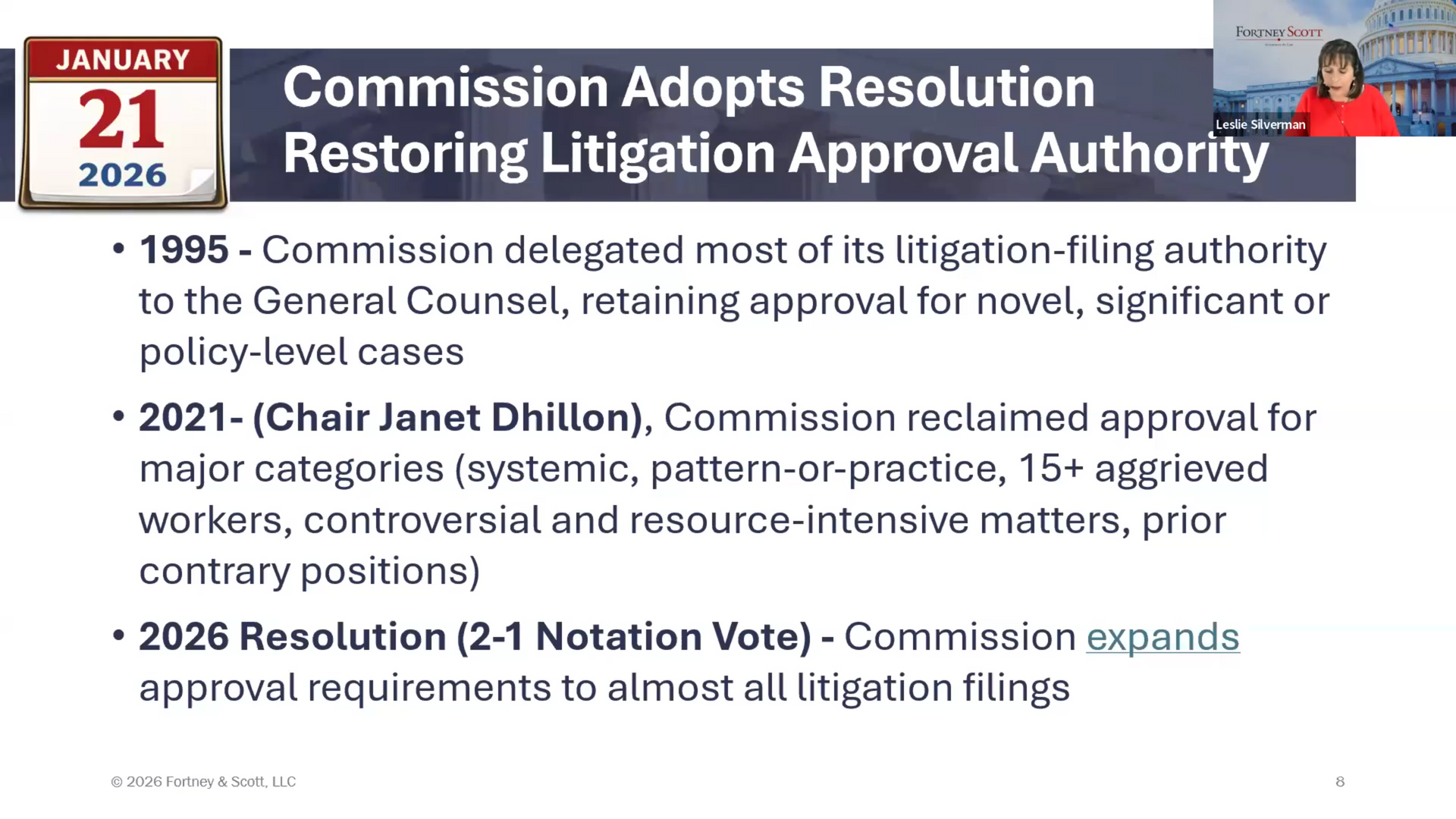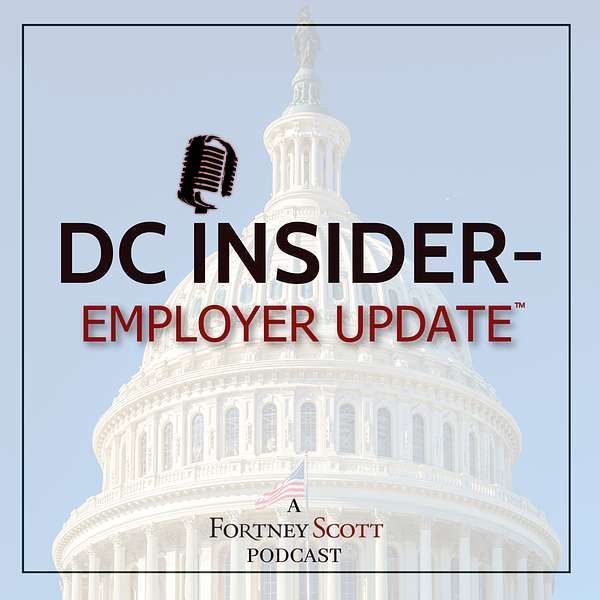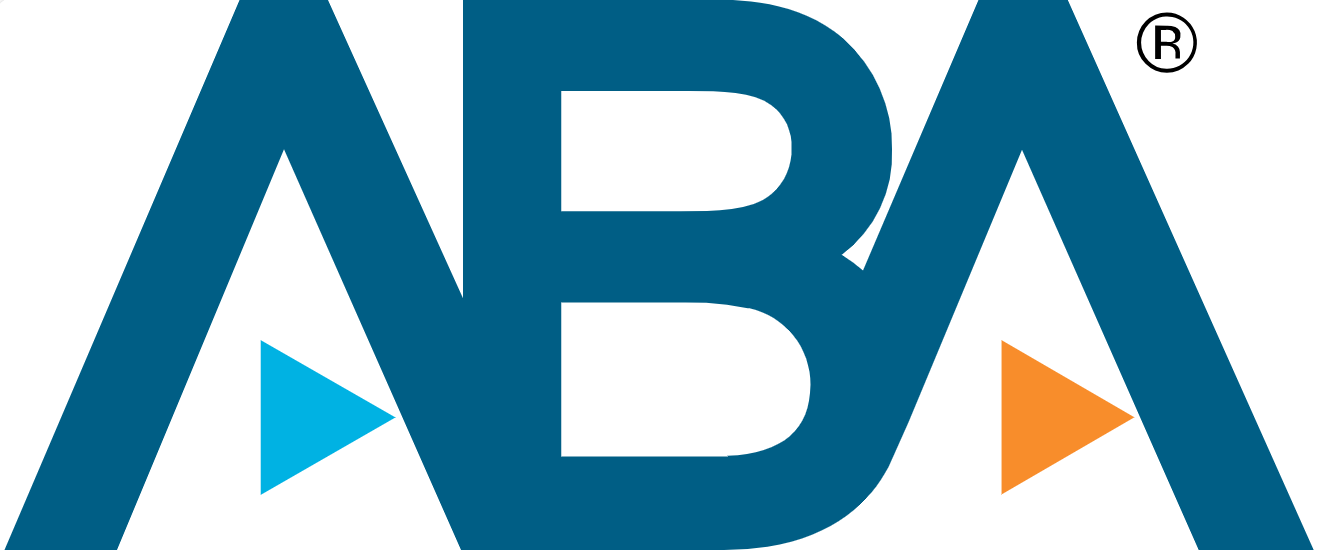Six OFCCP Predictions for 2019
The second year at the OFCCP under the Trump Administration has been marked by activity – two Directors and nine Directives (which have limited enforceability according to the Department of Justice) – but little to show for it: $10 million less in recoveries than FY2017, and fewer audits than in any recent fiscal year. As 2019 begins, however, the agency has begun to make some of the changes federal contractors have been hoping to see since the end of the Obama Administration.
Based on what has happened in 2018, the OFCCP Practice Group attorneys at FortneyScott offer the following six OFCCP predictions for 2019:
- An increased number of audits in calendar year 2019. In OFCCP Acting Director Craig Leen’s November 2, 2018 testimony before the Commission on Civil Rights, Leen said that he plans to increase the number of audits in FY2019 to 3,500. In FY2018, OFCCP only completed 800 audits. It is questionable whether that number will be reached, but there is clearly intent to do more audits.
- New and different types of audits. One way more audits will be undertaken is to change how audits are conducted. In addition to the full audits, the agency will perform “no-certify” audits and compliance checks based on the SAM database ; pre-award audits; complaint investigations; and construction audits, all designed to be more quickly resolved. At least 500 of the audits scheduled will be focused reviews under one of the three laws enforced by OFCCP—Executive Order 11246, Section 503 or VEVRAA.
- Audits will be conducted more efficiently and effectively. OFCCP’s new Directive on compliance audit procedure, DIR 2019-01 , rescinded Active Case Enforcement and outlines a more streamlined audit process. The commitment to greater transparency under new Directive, DIR 2018-08 , will aid federal contractors in better understanding and managing their compliance audits.
- Compensation will continue to be the BIG issue for OFCCP. Although Acting Director Leen rescinded Directive 307 with Directive 2018-05 , the new compensation Directive kept many of the worst features of Directive 307, including pooled regressions, OFCCP-created pay analysis groups (PAGs), and analyzing multiple years of compensation data together. An increased percentage of OFCCP’s FY2018 settlements were based on compensation and contractors, and we will see that trend continue in 2019.
- New Early Resolution Procedures. Although some aspects of the new Early Resolution Procedures ( DIR 2019-02 ) are very helpful to contractors, contractors need to consider the ramifications very carefully before agreeing to the new OFCCP’s Early Resolution Conciliation Agreement with Corporate-Wide Corrective Action (ERCA), especially for material violations alleging discrimination. The proposal to close audits with non-material violations with just a closure letter is a welcome return to earlier approaches. However, the material violation discrimination resolution procedures will subject all of a federal contractor’s establishments to OFCCP reporting, and may not provide the best resolution terms for the federal contractor. As a result, we predict that few contractors will elect to seek these agreements.
- New Opinion Letters and Help Desk. OFCCP’s new Directive on opinion letters and an enhanced help desk ( DIR 2019-03 ) is an attempt to provide contractors with more useful compliance assistance. While OFCCP seems to be mirroring DOL’s Wage & Hour Opinion Letters, it is unclear whether the contractors will be able to rely on those letters as they can W&H’s opinion letters. As a result, it remains to be seen whether contractors will avail themselves of this opportunity.
We wish you the best for 2019, and we are happy to answer any questions that you may have about OFCCP compliance matters.
David S. Fortney
Jacqueline R. Scott
H. Juanita Beecher
Elizabeth B. Bradley
Burton J. Fishman
Sean D. Lee
Sara Nasseri
Consuela A. Pinto
Mickey Silberman
Leslie E. Silverman















